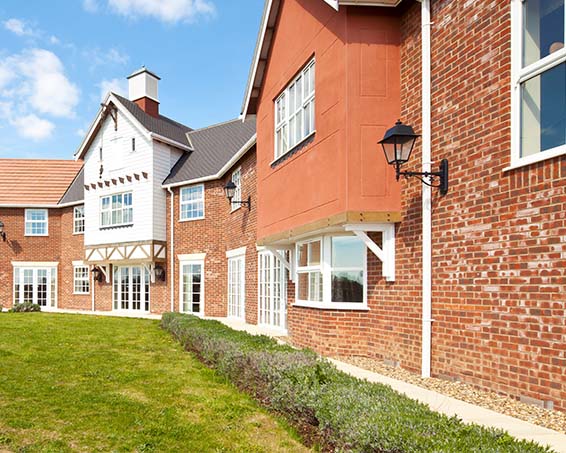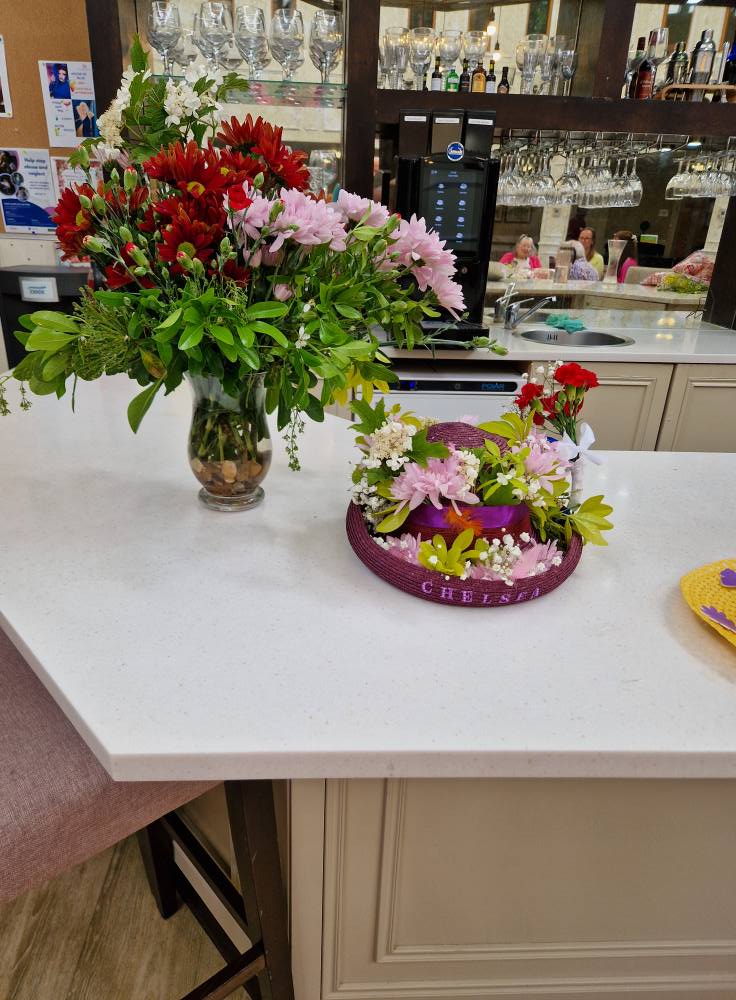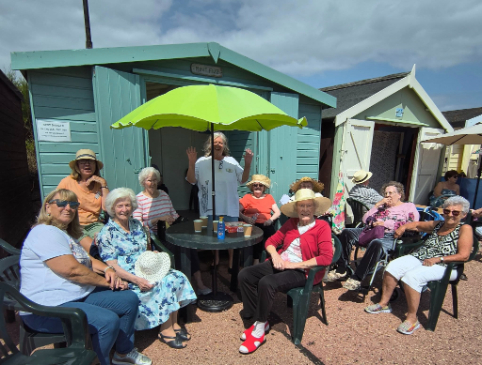Residential vs Nursing Care: What’s the Difference?

Choosing the right type of care for a loved one is never easy. You want to make sure they’re safe, supported, and comfortable, but the language around care options can be confusing. One of the biggest questions people face is: what’s the difference between a care home offering residential care and one providing a nursing home environment?
Both care home settings provide a secure and welcoming place to live with support available, but they are designed for different levels of need. Understanding how they differ can help you make the right choice, whether for yourself, a parent, or someone else close to you.
What is Residential Care?
Residential care is designed for people who are no longer able to live safely or comfortably at home, but who do not have complex medical needs that require nursing home supervision. In a residential care home, residents receive help with day-to-day activities such as washing, dressing, eating meals, and maintaining personal hygiene.
Care assistants are on hand 24 hours a day to offer personal care and support and general assistance. The environment is designed to feel like home, with private rooms, communal lounges, home-cooked meals, and plenty of opportunities for social and physical activity.


Residential care is ideal for individuals who:
- Are finding it difficult to manage alone at home
- Need help with personal hygiene, mobility, or medication
- Feel isolated and would benefit from regular companionship
- Have mild memory issues or low-level support needs
There is usually no qualified nurse on-site at all times in a purely residential care setting, but visiting health professionals such as GPs or district nurse teams do visit as needed. This level of care is focused more on well-being, social connection, and daily living rather than medical care or medical treatments.
What is Nursing Care?
Nursing care provides all the same personal support as residential care but with an added level of medical care and specialist medical care. It is best suited for people who have complex medical conditions or require more specialised medical care on a daily basis.
A nursing home has qualified nurses on site and registered nurses on duty 24 hours a day. These medical professionals are trained to handle administering medication, manage chronic medical conditions, monitor vital signs, and respond quickly to medical issues. They also work closely with doctors, physiotherapists, and other healthcare professionals to ensure the resident’s complex medical needs are met consistently, which is done with an individual nursing care plan.


Nursing care is usually the right option for people who:
- Have a complex medical condition such as Parkinson’s, stroke after-effects, or multiple sclerosis
- Are recovering from surgery or require wound care
- Need regular monitoring of vital signs or oxygen therapy
- Require hoisting, continence management, or tube feeding
- Are in need of palliative or end-of-life care
Nursing homes are fully equipped to deliver advanced medical care while maintaining the comforts and companionship of a care home environment.
The Key Differences Between Residential and Nursing Care
At a glance, residential care and nursing care may appear similar. Both provide accommodation, meals, and help with daily tasks. However, the key distinction lies in the level of medical care provided.
Residential care focuses on support with everyday living, provided by trained care assistants. Medical needs are generally minimal and handled through visits from local authority or local council teams.
Nursing care, on the other hand, is staffed by registered nurses and is designed for residents with severe physical disabilities or complex medical conditions that require regular medical treatment and frequent medical treatment.
The nursing home costs can be higher due to the increased level of support, but funded nursing care may be available following a needs assessment or financial assessment through your local authority.
When Might Someone Transition from Residential to Nursing Care?
One of the most common situations families face is when a loved one begins in residential care and then develops more complex medical needs. For example, someone may initially move into a care home for help with personal care and support and companionship, but later develop a complex medical condition that requires regular nursing care.
In this case, the care home may arrange for an extra nursing care component or a transfer to a nursing home that provides nursing care full-time. Some care homes offer both residential care and nursing under one roof, which can make transitions smoother and reduce disruption for the support residents.
If you’re unsure which level of care is most appropriate, speaking with your GP or arranging a needs assessment through your local council is a helpful first step.
Choosing the Right Type of Care
There’s no one-size-fits-all answer when it comes to care. What matters most is choosing the type of support that meets your loved one’s current needs while also considering how those needs may change in the future.
Residential care is often a great choice for people who are largely independent but need a helping hand to stay safe and comfortable. It also offers valuable social opportunities, particularly for older adults who feel isolated at home.
Nursing care, meanwhile, is essential for those with ongoing ill health or complex medical conditions that require professional medical attention. With qualified nurses on site at all times, it provides both reassurance and practical support.
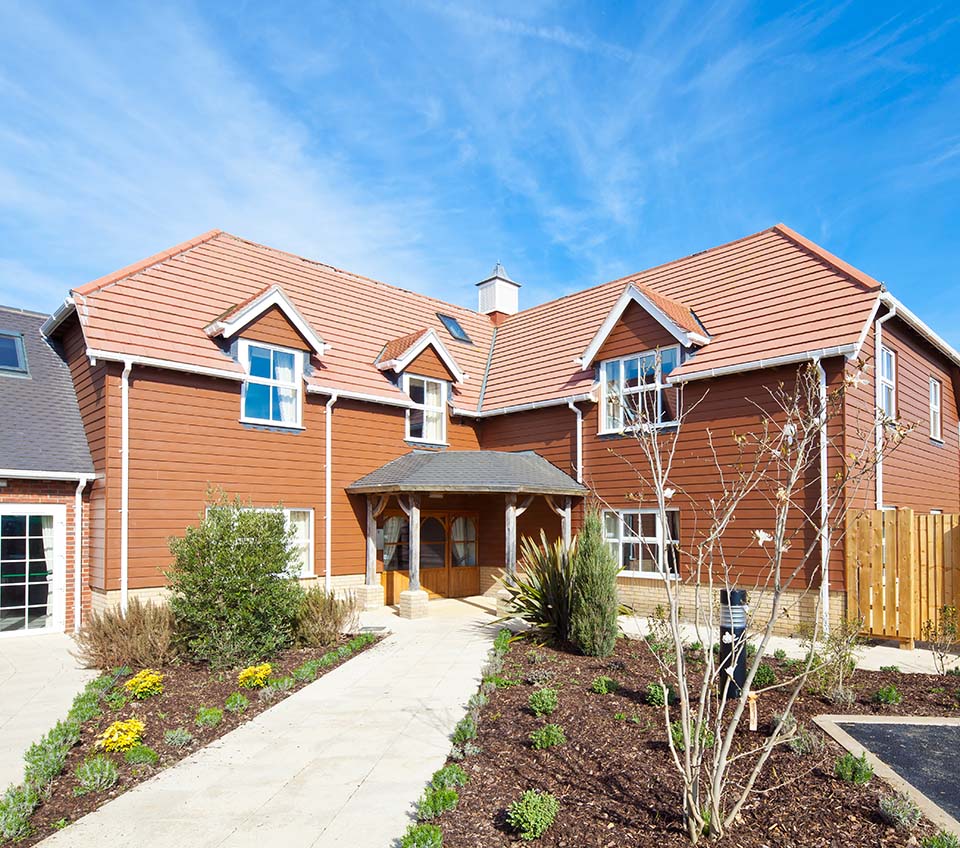
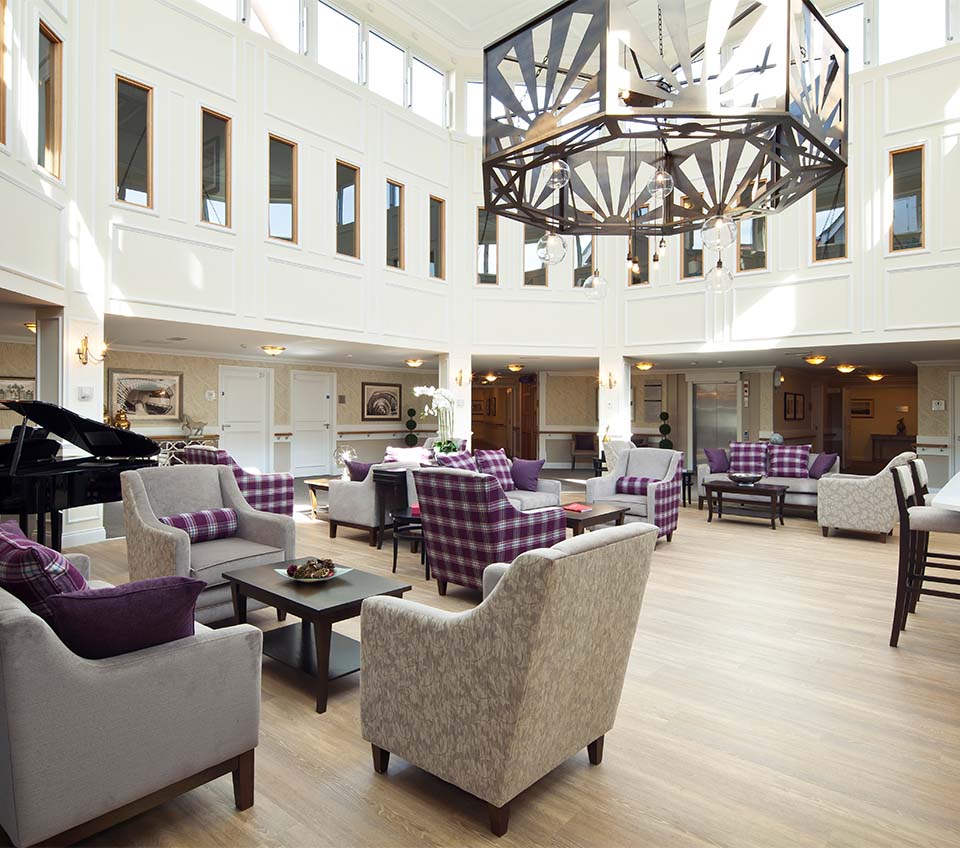
Care at Beaumont Manor Care Home
Deciding between residential care and nursing care is a significant step, but you don’t have to make it alone. At Beaumont Manor Care Home in Frinton-on-Sea, we understand that every individual’s needs are unique. Whether you’re looking for a supportive community with help for everyday living or require specialist medical care for complex medical needs, our compassionate team is here to guide you.
We offer both residential care and nursing options, ensuring that your loved one can receive the right support from the start, or transition smoothly if their needs change in the future. Our residential care home is designed to feel warm, welcoming, and safe, with dedicated care assistants and a nursing team available around the clock.
If you’d like to learn more about how Beaumont Manor Care Home can support you or your loved one, please get in touch. Our friendly team is here to answer your questions, arrange a visit, or discuss your specific care requirements. Call us today or visit our website to take the first step toward peace of mind and the best possible care.


